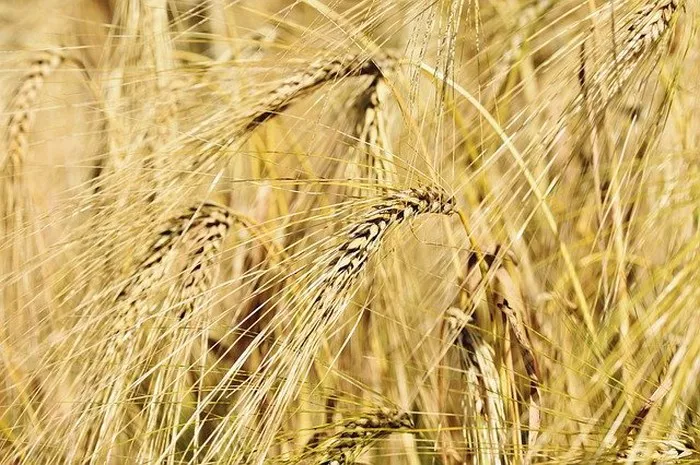A groundbreaking study by researchers at Hebrew University’s Faculty of Agriculture, Food and Environment and the Volcani Institute introduces a faster, more precise method to identify wheat varieties that can withstand hot, dry climates—an urgent need amid rising global food insecurity and climate change.
Led by Ph.D. candidate Roy Sadeh and supervised by Dr. Ittai Herrmann and Prof. Zvi Peleg at the Robert H. Smith Institute of Plant Sciences and Genetics in Agriculture, the research, published in Computers and Electronics in Agriculture, employs drones equipped with advanced thermal and hyperspectral cameras. These drones flew over wheat experiments at the Pheno-IL research facility’s rain-out shelter, capturing detailed images that reveal heat emitted and light reflected by the plants.
The images allowed the team to estimate how efficiently various wheat varieties regulate water through stomata—tiny pores on leaves controlling moisture and gas exchange. Other plant traits such as leaf area index and chlorophyll content were also monitored.
Using machine learning models, the researchers analyzed data from two growing seasons and linked key plant traits to 16 genetic markers associated with superior performance under both optimal and drought conditions. These markers were validated in subsequent field trials.
“Previously, measuring stomatal conductance was slow and required manual tools,” said Roy Sadeh, the study’s lead author. “Our drone-based approach provides a fast, non-invasive way to identify drought-tolerant wheat.”
The study involved 300 wheat genotypes grown under both ideal and drought-stressed environments in a controlled rain-out shelter. By applying support vector machine models to drone imagery, the team improved water-use estimation accuracy by 28%. This marks the first use of UAV-based stomatal conductance measurements for mapping wheat genetic markers.
As climate change increasingly threatens global food supplies, integrating drone technology with genetic analysis offers a promising path to accelerate breeding of climate-resilient wheat varieties. This innovation could help ensure sustainable food production for future generations.
Related topics:

